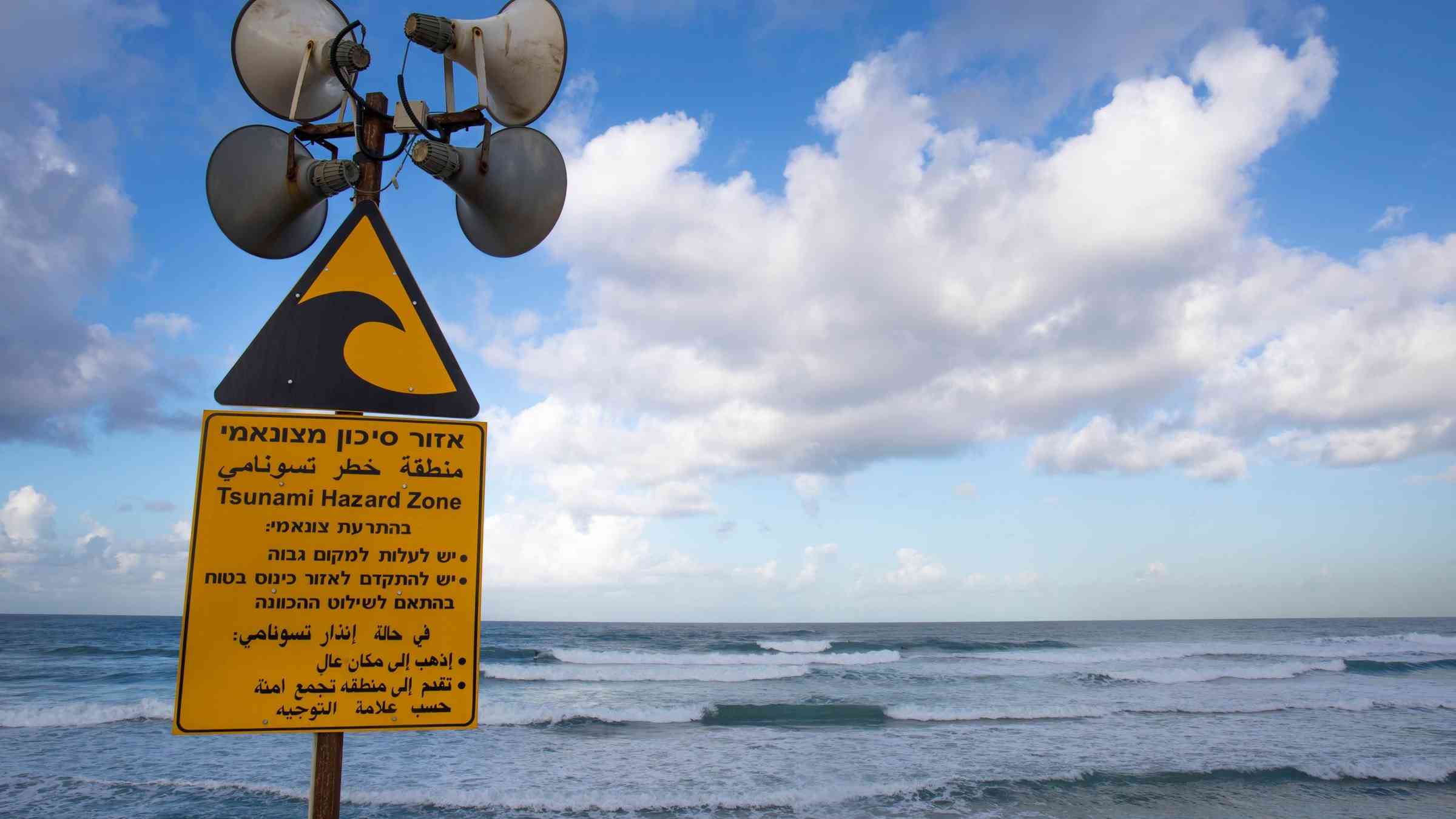Delivering early warnings for all

Permanent Mission of the Independent State of Samoa to the United Nations
23rd Floor, 685 3rd Ave (entrance on 44th Street), New York, NY 10017
Registration for this event has now closed.
Time
4:00pm - 5:30pm
Background
Early warnings and early action save lives and livelihoods. For example, warning of a coming storm or heatwave can significantly reduce damage and investing just $800 million on such systems in developing countries would avoid losses of $3-16 billion per year. Countries with limited early warning coverage have disaster mortality eight times higher than those with substantial to comprehensive coverage. Early warnings are a proven effective method for helping people adapt to climate change and can enhance the effectiveness of other adaptation measures when combined. Yet only half of countries worldwide report being equipped with the capacity to alert their citizens about impending hazardous weather conditions. Coverage is particularly low in small island developing States with only one third reporting the existence of Multi-Hazard Early Warnings in their countries, despite being among those facing the most significant and wide ranging projected socio-economic risks due to climate change.
People-centred, multi-hazard, multi-sectoral early warning systems are a crucial investment to achieve the 2030 Agenda, the Paris Agreement and the Sendai Framework, ensuring that early warning information is broadly disseminated and tailored to the needs of users, including social and cultural requirements, to enable timely and effective early action with emphasis on reaching affected communities.
Launched in 2022, the Early Warnings for All initiative (#EW4All) calls for every person on Earth to be protected by an early warning system by the end of 2027. The initiative has already boosted political support to address the early warning gap, being welcomed in the COP27 Sharm El-Sheikh Implementation Plan, and featuring in the COP28 Presidential Action Agenda of super-charged real-world solutions needed to course correct on climate change. The initiative builds on the extensive work already being done in countries to protect communities from disasters. By bringing these efforts together through intensified coordination and collaboration, EW4All aims to accelerate and scale up action, while ensuring cost efficiency.
The initiative has now transitioned from ‘what’ to ‘how’ as country level roll-out plans are developed, supported by heightened ambition and creative actions from the financial, private, science and technology, and civil society sectors. As the United Nations Secretary-General made clear in July, now is the time to implement the Early Warnings for Action Plan as part of a global surge to boost adaptation to save millions of lives from the effects of climate change.
Objective
This high-level side event following the United Nations Secretary-General’s Climate Ambition Summit will unpack how progress is being made on Early Warnings for All. The event will discuss advancements and innovations in financing early warnings systems and early action, technological solutions and country-level implementation. It will bring together a range of partners and stakeholders to explore further integration of all necessary actors in the early warnings to early action value chain to accelerate progress.